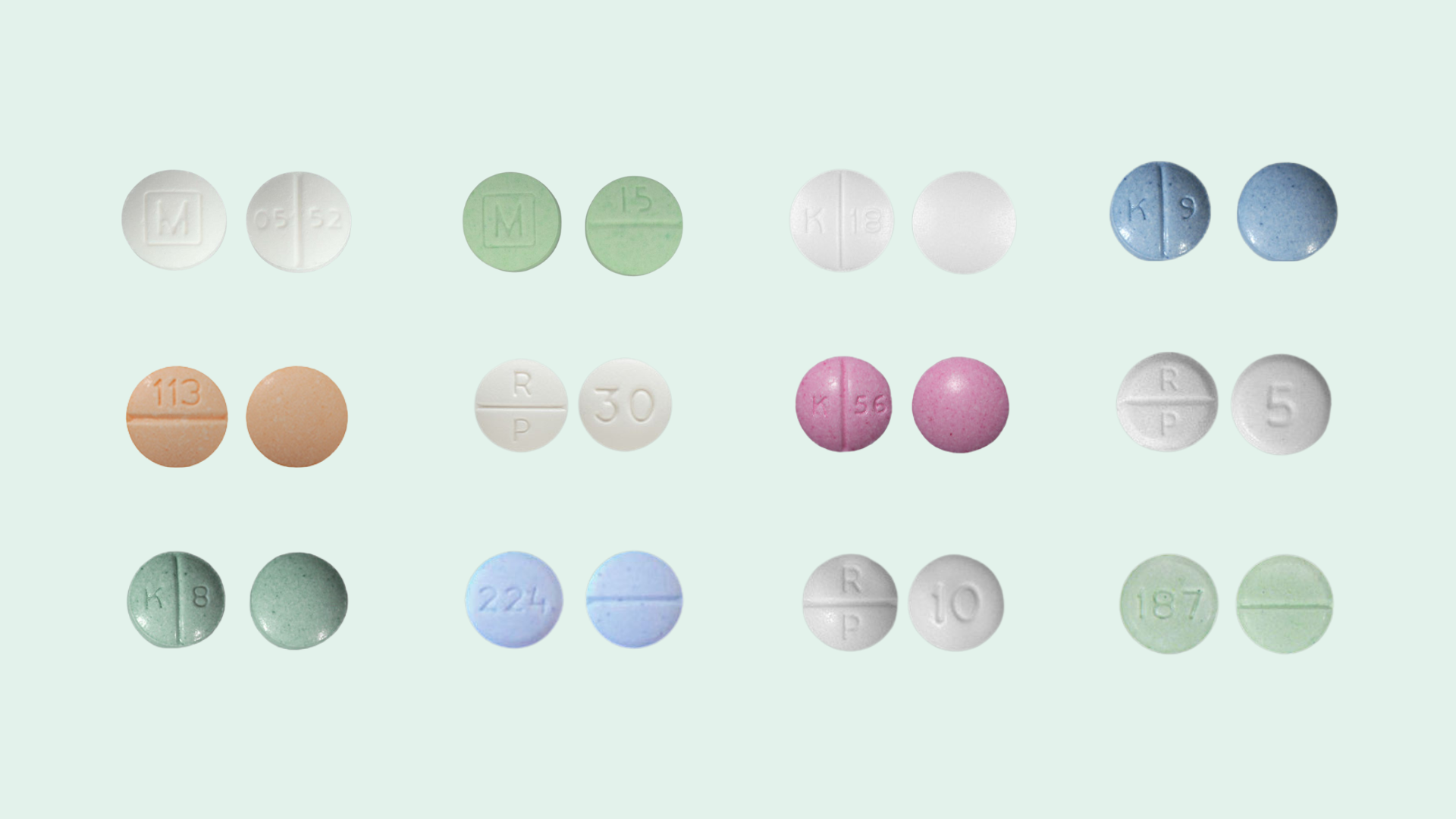What Are Oxycodone Withdrawal and Side Effects Like?
Oxycodone withdrawal occurs when the body adjusts to the absence of the drug, leading to a series of physical and psychological symptoms. These withdrawal symptoms can vary in intensity and duration depending on factors such as the duration and dosage of oxycodone use. Early symptoms of withdrawal may include
- Agitation
- Anxiety
- Muscle aches
- Increased tearing
- Insomnia
- Runny nose
- Sweating
- Yawning
As the withdrawal progresses, individuals may experience abdominal cramping, diarrhea, dilated pupils, goosebumps, nausea, and vomiting.
While oxycodone withdrawal symptoms can be uncomfortable, they are typically not life-threatening. However, complications such as dehydration and disturbances in body chemistry and minerals can arise from vomiting and diarrhea. It’s important to note that withdrawal reduces a person’s tolerance to the drug, increasing the risk of overdose if they relapse.
What Is the Oxycodone Withdrawal Timeline?
The oxycodone withdrawal timeline can vary from person to person, but it generally follows a predictable pattern. Withdrawal symptoms typically begin within 12 hours of the last use of heroin and within 30 hours of the last exposure to methadone, another opioid medication. The intensity of symptoms is usually at its peak within the first few days and gradually subsides over the course of a week or two. However, some symptoms, such as insomnia and mood disturbances, may persist for several weeks or even months.
It’s important to note that the duration and severity of withdrawal symptoms can be influenced by various factors, including the individual’s overall health, metabolism, and the presence of any co-occurring mental health disorders.
What Is Oxycodone Detox Treatment?
Withdrawal from oxycodone can be challenging and potentially dangerous, which is why seeking professional help is strongly recommended. Detoxification, or detox, is the process of safely managing withdrawal symptoms and helping individuals achieve initial stabilization in their recovery journey. There are several treatment options available for oxycodone detox, including at-home detox with the support of medications and a strong support system, detoxification in specialized facilities, or detox in a hospital setting for severe cases.
Medications such as methadone, buprenorphine, and clonidine are commonly used during oxycodone detox to relieve withdrawal symptoms and support the recovery process. Methadone is a long-acting opioid agonist that can be used for both detoxification and long-term maintenance treatment. Buprenorphine, often combined with naloxone, is another medication that can alleviate withdrawal symptoms and prevent dependence and misuse. Clonidine is used to manage specific withdrawal symptoms such as anxiety, agitation, muscle aches, sweating, runny nose, and cramping.
In addition to medication-assisted treatment (MAT) as described above, support groups like Narcotics Anonymous and SMART Recovery can provide invaluable support during the detox process and beyond. Outpatient counseling, intensive outpatient treatment, and inpatient treatment may also be recommended based on the individual’s specific needs.
What Happens Next?
After completing the detox phase, it’s important to recognize that detox alone is not sufficient for long-term recovery from oxycodone addiction. Most individuals will benefit from ongoing treatment and support to address the underlying factors contributing to their addiction. This may involve participation in therapy, counseling, and support groups to develop coping mechanisms, address triggers, and sustain sobriety.
Oxycodone detox is just the first step in the journey towards recovery. It’s essential to create a comprehensive treatment plan tailored to each individual’s unique needs, which may include ongoing medication-assisted treatment, counseling, and aftercare support. The recovery process requires dedication, perseverance, and a strong support system to maintain sobriety and improve overall well-being.
Oxycodone withdrawal can be a challenging and uncomfortable experience, but with the right support and treatment, individuals can successfully navigate through it and begin their recovery journey. Seeking professional help for oxycodone detox is essential to ensure safety and minimize the risk of complications. Medications and therapy can effectively manage withdrawal symptoms and provide individuals with the tools they need to maintain long-term sobriety. Remember, recovery is a unique and personal journey, and there is support available every step of the way.

